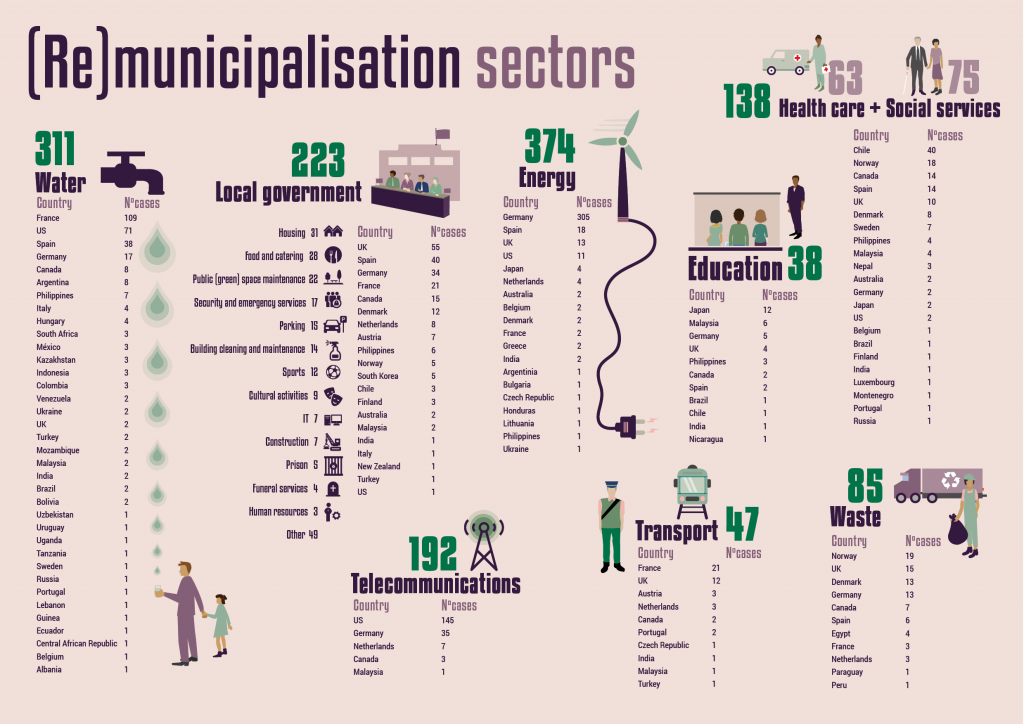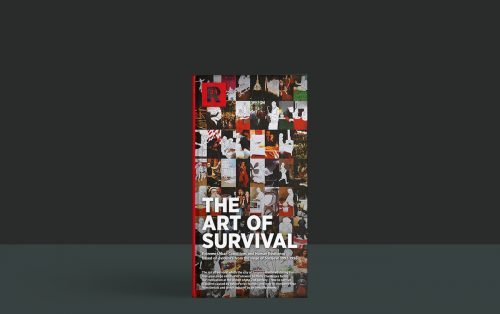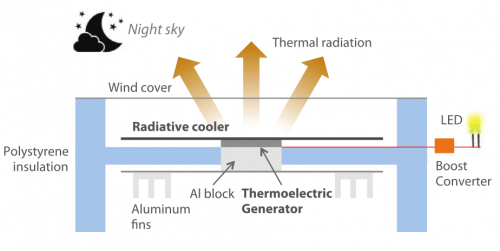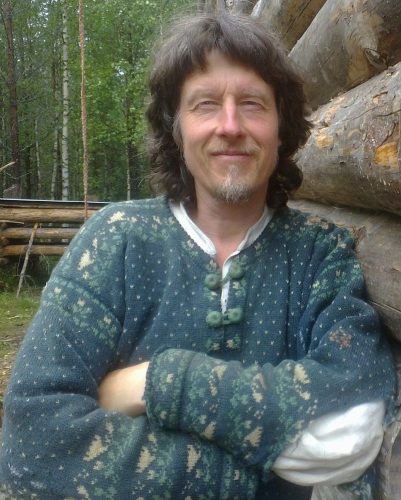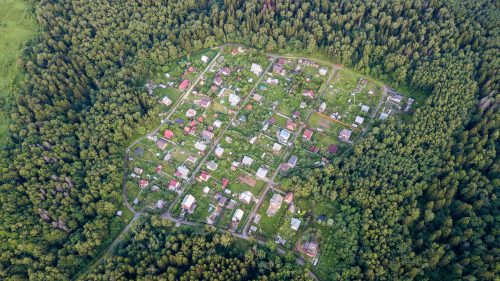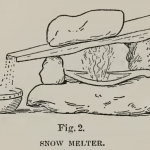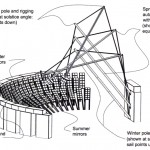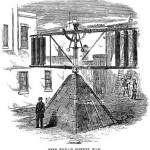“Resistance to privatisation has turned into a powerful force for change. (Re)municipalisation refers to the reclaiming of public ownership of services as well as the creation of new public services. In recent years, our research has identified more than 1,400 successful (re)municipalisation cases involving more than 2,400 cities in 58 countries around the world.”
“But this book is about more than just numbers. It shows that public services are more important than ever in the face of the climate catastrophe, mounting inequalities, and growing political unrest. Together, civil society organisations, trade unions, and local authorities are crafting new templates for how to expand democratic public ownership to all levels of society and opening up new routes to community-led and climate conscious public services.”
“The Covid-19 crisis has made clear the disastrous effects of years of austerity, social security cuts, and public service privatisation. But it has also demonstrated that public services and the people who operate them are truly the foundation of healthy and resilient societies. As privatisation fails, a growing international movement is choosing (re)municipalisation as a key tool for redefining public ownership for the 21st century.”
